Did you know that bee populations are declining around the world at an alarming rate? There are many reasons for this, but it’s something we should all be concerned about. Bees play a vital role in our ecosystem as pollinators, and they are responsible for one out of every three bites of food we eat. So what can we do to help them? In this blog post, we will explore some ways that you can make a difference for bees in your own backyard or community garden. We’ll also discuss how we can create a more bee-friendly environment and some of the benefits of having healthy bee populations. Let’s work together to make a difference!
What is causing the decline in bee populations and why should we care?
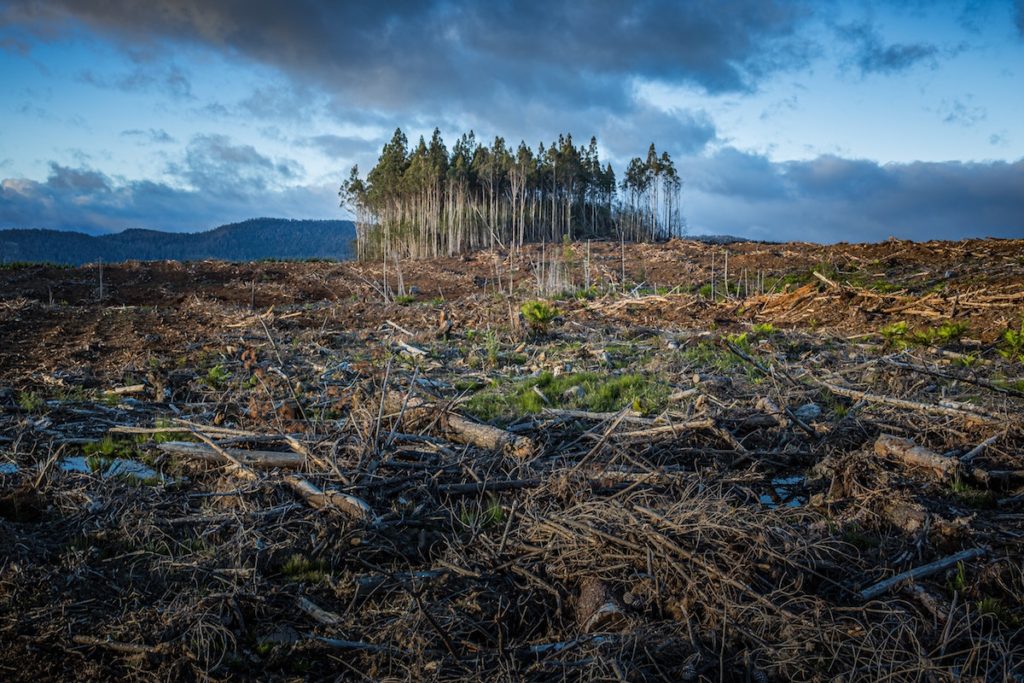
There are a number of reasons for this decline, but the most significant factors include habitat loss, pesticide use, and climate change.
- Habitat Loss – Bees need a variety of habitats in order to thrive, including meadows, marshes, wetlands, and forests. But due to development and other human activities, they are losing vital habitat. This means bees have less food and fewer places to live, which can lead to population decline.
- Pesticide Use – Bees are also being harmed by the use of pesticides. These chemicals can kill bees or make them sick, which makes it harder for them to survive. Pesticides can also affect the health of the plants that bees rely on for food, making it harder for them to find food.
- Climate Change – Climate change is another major threat to bees. As the climate changes, their habitats are changing too, which can make it difficult for them to adapt. Extreme weather conditions can also be harmful to bees. For example, droughts can cause a lack of water while floods can drown colonies.
We should care about the decline in bee populations because it has a serious impact on our food supply. If bees aren’t able to pollinate plants, then those plants won’t produce fruit or seeds, and we will lose out on important sources of nutrition. In addition, bees play an important role in maintaining the balance of our ecosystem, so their decline could have far-reaching consequences.
What can you do to help bees in your own backyard or community garden?
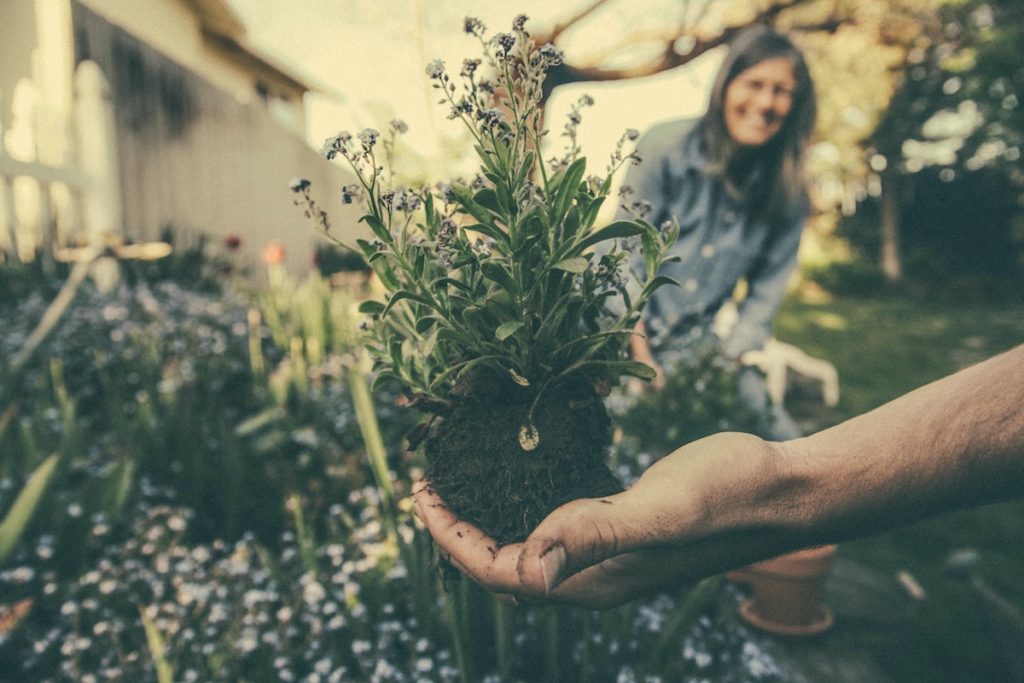
Something we can all do to help turn this trend around… we can create habitats for bees in our own spaces, no matter if you’re working with acres or a single window sill. This not only helps the bees, but it also benefits us as well! Here are a few ways you can make your garden more bee-friendly:
- Plant a variety of flowering plants that will attract bees throughout the season.
- Include as many native plants as possible in your garden, as they are best adapted to local conditions and will provide the most food for bees.
- Leave some areas of your garden undisturbed so that bees have a place to nest and build their hives. This is especially important for the winter.
- Avoid using pesticides and herbicides, as these chemicals can be toxic to bees. If you must use them, do so sparingly and only when absolutely necessary. Spraying at night can minimize exposure to the bees.
By creating habitats for bees and other pollinators, we can make a difference in their decline and help ensure that they are around for years to come!
What are some of the benefits of having healthy bee populations?
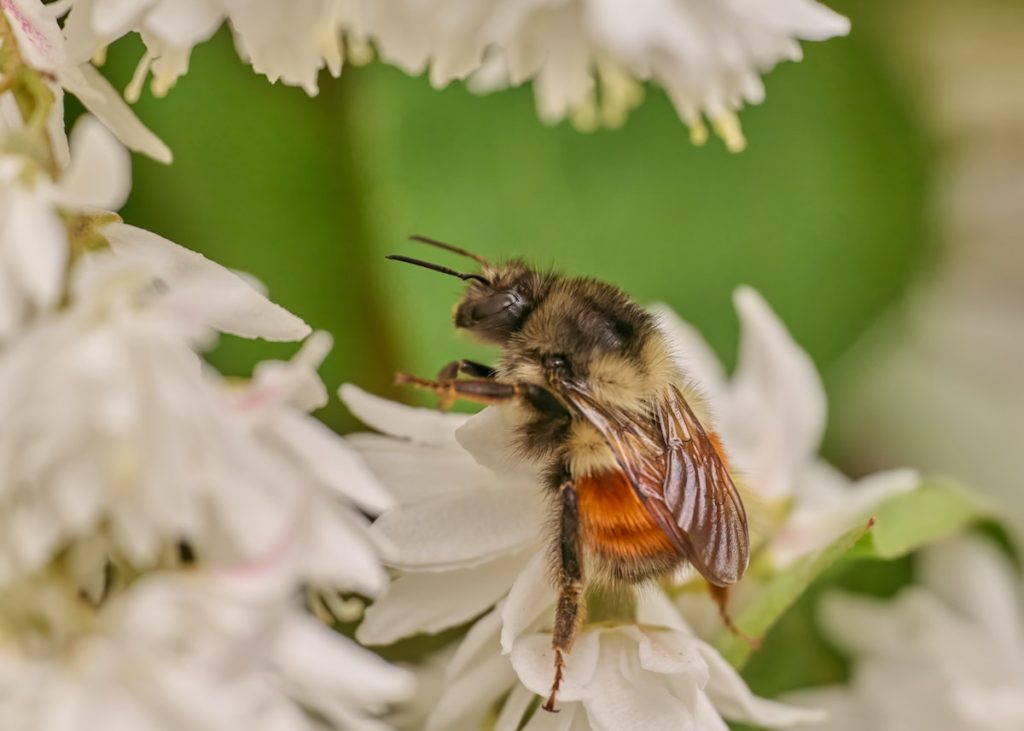
Healthy bee populations, and moreover, healthy pollinator populations improve the health of the ecosystem they are in. Indirectly, pollinators are a foundation to any environment, boosting the production of the plants they forage on and creating more food for those further up the food chain. In your own yard, you can expect vegetable gardens and fruit trees to produce more. From an economical perspective, bees add billions of dollars in value in the production of food. By helping to sustain the health of our bee populations, we are ensuring the health of our planet and its inhabitants.
How can we work together to make a difference for these important pollinators?
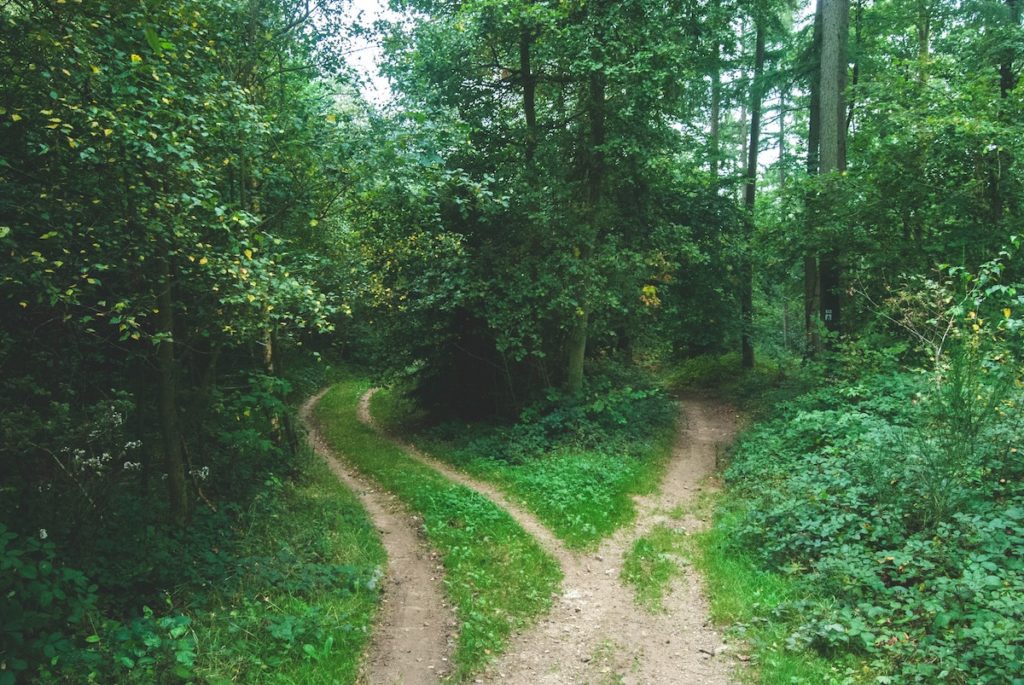
Planting gardens and more forage for pollinators and bees is a great start but it’s not enough. We need to make better decisions on how and where we get our food. Every day you vote with your dollar when eating. Buying local and whole foods is a significant way to support agriculture and the ecology of your town or city. We also need to make changes in policy around our food system. Voting for decision makers who will put the environment over corporate pay offs is a start. Pushing through legislation that protects and supports pollinators is important. Finally, simply learning about how our lives impact bees and pollinators can make a great change in our lives.
In Conclusion
Bees are important for the pollination of plants and flowers, which provide food and sustenance for us and other animals. They also help to produce fruits and vegetables, which are an important part of a healthy diet. By helping to sustain the health of our bee populations, we are ensuring the health of our planet and its inhabitants. There are many ways you can help bees in your own backyard or community garden, from planting bee-friendly flowers to providing water and creating a safe place for them to nest. We can make a difference for these important pollinators by working together!
